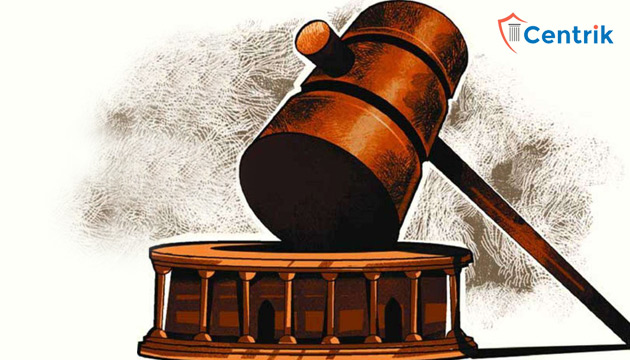
Status on -09/08/2022
INTRODUCTION
Recently, in the case of Asset Reconstruction Company (India) Ltd vs. Tulip Star Hotels Ltd & Ors, the Hon’ble Supreme court declared that the provisions of IBC (Code) to be interpreted liberally to expand the objective of the Statute.
In this case, R1, Tulip Star Hotels Limited, and R2 Tulip Hotels Private Limited are the shareholders of the Corporate Debtor, V. Hotels Limited. On 8th March 2002, a loan agreement was executed between a consortium of banks, led by Bank of India (hereinafter referred to collectively as the Consortium) and the Corporate Debtor, pursuant to which the Consortium collectively sanctioned a loan to the extent of Rs.129,00,00,000/- (Rupees One Hundred and Twenty-Nine Crore Only) to CD.
On 1st December 2008, the account of the Corporate Debtor with the Bank of India was classified as a non-performing asset (NPA) and on 31st December 2008, an assignment agreement was executed by Bank of India assigning its receivables to the Financial Creditor (Asset Reconstruction Company (India) Ltd).
Even after, several extensions and settlements were sought by the Corporate Debtor on different dates between (February 2011 to April 2013) to clear his loan amount, the Corporate Debtor didn’t pay his loan amount.
So, finally, on 3rd April 2018, Financial Creditor filed a Section 7 application before the Hon’ble NCLT. Then, the Corporate Debtor with R1 &R2 approached the Hon’ble NCLAT by way of appeal. Thereafter, Financial Creditor approached the Hon’ble Apex Court by way of appeal.
CONTENTIONS OF APPELLANT-
Appellant contended that: –
- Any part payments made, would first be appropriated towards the interest amount due for this they relied on Industrial Credit & Development Syndicate now called I.C.D.S. Ltd. vs. Smithaben H. Patel (Smt.) and Others in which Hon’ble Supreme Court held that: –
“The normal rule was that in the case of a debt due with interest, any payment made by the debtor was in the first instance to be applied towards satisfaction of interest and thereafter to the principal.”
CONTENTIONS OF RESPONDENTS-
Respondents contended that: –
- The financial statements don’t amount to an acknowledgment of the debt for this they relied on Asset Reconstruction Company (India) Limited. v. Bishal Jaiswal and Anr in which Supreme Court Held that:-
“Though the filing of a balance sheet is by compulsion of law, the acknowledgment of a debt is not necessarily so. In fact, it is not uncommon to have an entry in a balance sheet with notes annexed to or forming part of the such balance sheet, or in the auditor’s report, which must be read along with the balance sheet, indicating that such entry would not amount to an acknowledgment of debt for reasons given in the said note.”
- The Appellant filed Section 7 Application beyond the prescribed time limit i.e. 3 years.
- That they have cleared the account by making payments in instalments.
APEX COURT DECISION-
Hon’ble Apex Court held: –
- The provisions of Section 7(2) to (5) of the IBC read with the 2016 Adjudicating Authority Rules. There is no bar to the filing of documents at any time until a final order either admitting or dismissing the application has been passed.
- The time stipulation of fourteen days in Section 7(4) to ascertain the existence of default is apparently directory not mandatory.
- An application under Section 7 of the IBC would not be barred by limitation, on the ground that it had been filed beyond a period of three years from the date of declaration of the loan account of the Corporate Debtor as NPA if there were an acknowledgment of the debt by the Corporate Debtor before the expiry of the period of limitation of three years, in which case the period of limitation would get extended by a further period of three years.
CONCLUSION
From the above-mentioned matter, it is concluded that liberal interpretation of the IBC code by the NCLT and NCLAT, will provide better resolution to the aggrieved party and it will serve the purpose of enactment of the statute.
Disclaimer- The above article is based on the personal interpretation of the related orders and laws. The readers are expecting to take expert opinions before relying upon the article. For more information, please contact us at rera@centrik.in




 join For Updates
join For Updates